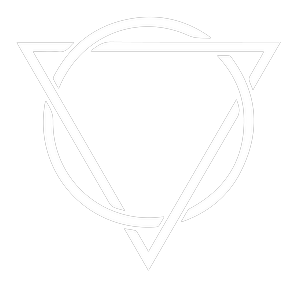Change is hard because it is, at its root, a kind of death—a shedding of the familiar self, a disintegration of the known narrative. You see, the human psyche is a masterwork of pattern and preservation. It constructs a reality from the fragments of past experiences and then becomes attached, even addicted, to that architecture of self and world. Change, then, threatens the very foundation of identity. It is not merely the adoption of a new behavior or idea; it is the dissolution of the old paradigm.
Now consider: we are creatures of habit, not just biologically, but ontologically. Our neural architecture is carved by repetition. Synaptic pathways fire and re-fire until they become the grooves of personality, behavior, perception. Change asks that we climb out of those grooves—and the walls are steep, my friend. They are carved not only in the brain but in the culture, in language, in memory.
And then there is fear. Fear is the true guardian at the gate of transformation. Not the melodramatic fear of monsters or fire, but the subtle and pervasive fear of uncertainty. Because to change is to step into the unknown. It is to relinquish control, to dance with chaos, to say to the cosmos, “I am willing to become something I cannot yet imagine.” And that is terrifying. The ego recoils. The mind invents reasons, distractions, delays. The system seeks homeostasis, not evolution.
But here’s the great paradox: without change, there is no life. The static is the dead. All things that live are in flux—cells dividing, stars dying, thoughts arising and dissolving like mist. So when change arrives—whether through crisis, revelation, or quiet longing—it is not an enemy, but an invitation. An emissary from the deeper self, calling us to become more than we have been.
The trick, if there is one, is to surrender. Not to force change, not to wage war against the self, but to listen. To follow the subtle signs, the inner urgings, the discontent that whispers, “This is not all.” Because when you follow that thread, when you trust that the process of transformation is guided by an intelligence greater than the ego, then change becomes not a trauma, but a sacrament.
So yes, change is hard. But it is also the metamorphosis of the caterpillar into the butterfly—not a linear improvement, but a dissolution and rebirth. And in that, we touch the Mystery. We become, not something different, but something truer.
